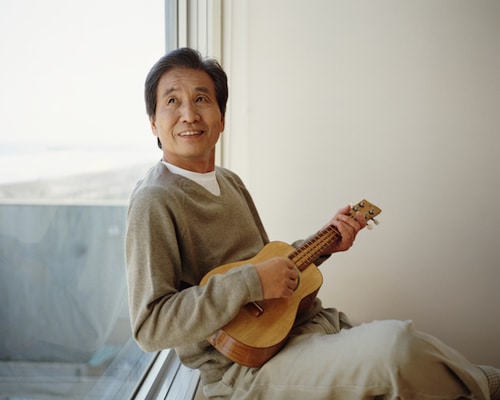Whether you are in the audience at a concert or part of the band, the music at a live show is loud enough to permanently damage your hearing.
What Is Noise Induced Hearing Loss?

While hearing loss is seen as a normal part of aging, exposure to loud music is one of the most common causes of the condition. An estimated 28 million Americans between the ages of 20 to 29 experience hearing loss due to exposure to loud music. Sounds are measured in decibels (dB). Anything over 85 can cause damage. A live show can register in the high 120s. A good rule of thumb is if something is uncomfortably loud, it is causing damage.
Protect your hearing by following the four tips below.
Wear Earplugs
The best way to protect your hearing from loud noises is to wear earplugs. While there are one-size-fits-all options available at any pharmacy, the best protection comes from custom-fit plugs. These earplugs are made from a mold taken of your ear; this perfect fit ensures the plugs are not only comfortable to wear, but also provide superior protection.
Higher-end plugs are also available. These absorb dangerously loud noises without compromising the integrity of the music. These are recommended for musicians performing in the band.
Rehearse Quietly
Playing as loud as you can is fine for a live show, but is not required at every rehearsal. Lowering the volume even one notch can be beneficial.
Playing quietly not only helps save your ears, but it can help improve a song. You’ll be able to hear the bare bones of the song and determine if the parts and rhythms are working well together.
Step Away from the Speaker
If you are standing close to the speaker, move back. Not only will the music sound better, but you’ll avoid experiencing a ringing in your ears the next day.
Invest in Noise Canceling Headphones
While expensive, these headphones are worth every penny. They provide exceptional sound quality while protecting your hearing from dangerously loud sounds.
The headphones have a tiny microphone in each ear. The headphones pick up outside sounds and process them through noise canceling circuitry. These circuits note the frequency and amplitude of the sounds and create an anti-sound. This opposing frequency is mixed with the sound and then fed through the headphone speakers.
By following the steps above, you’ll be able to enjoy the show without worrying about your hearing. To learn more about protecting your hearing, contact the experts at Augusta ENT.